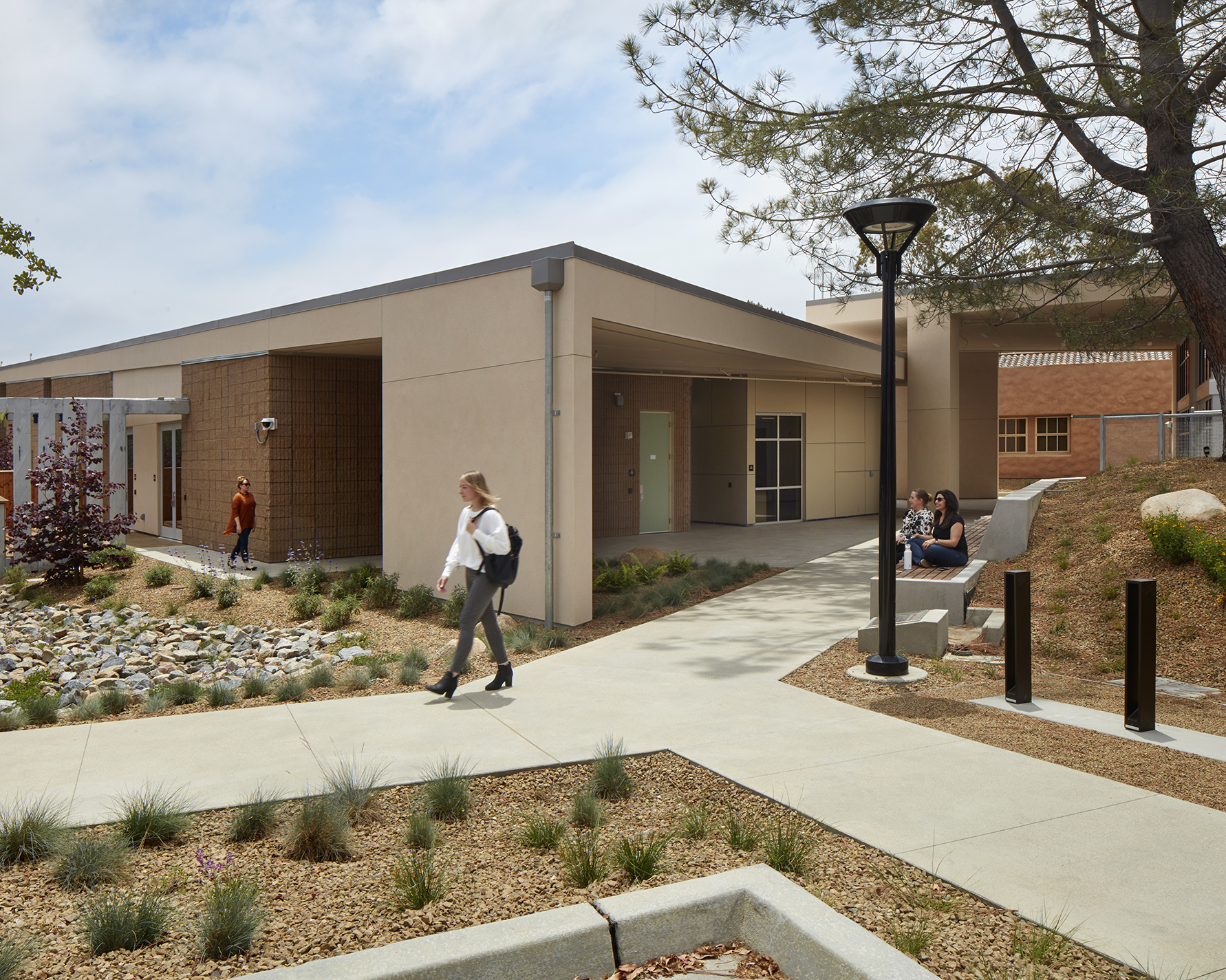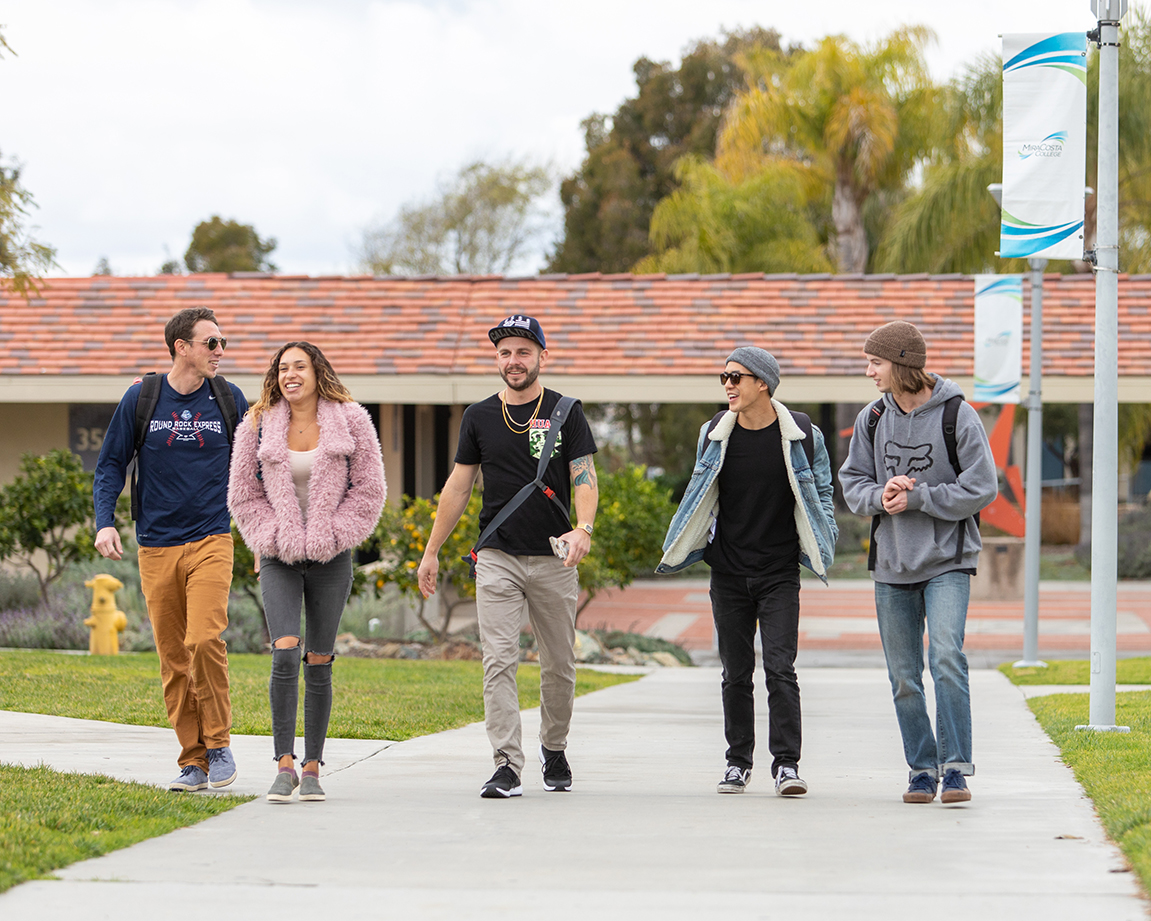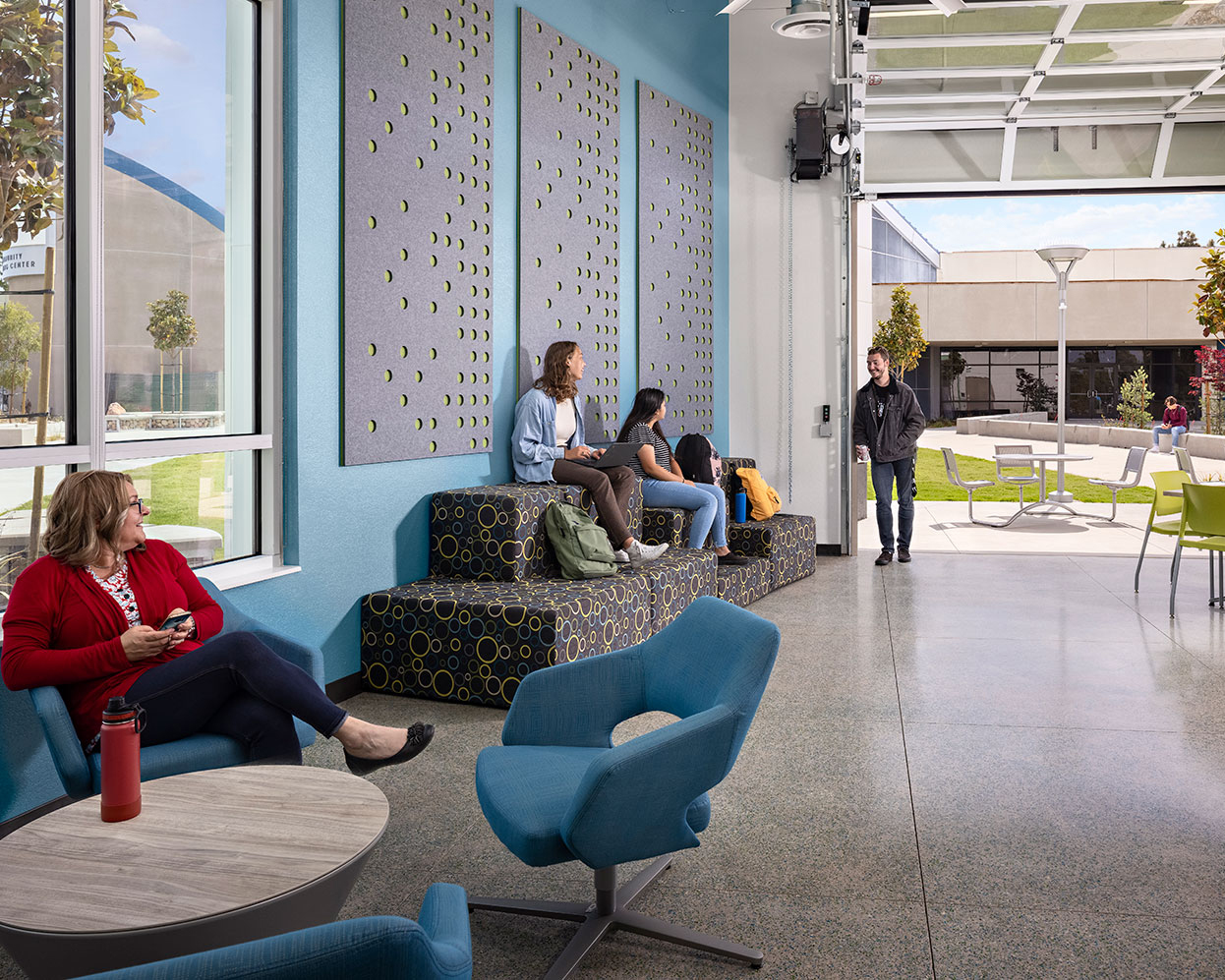MiraCosta College (MCC) is a California public community college serving almost 15,000 students and celebrating its 90th year in 2024. Located in sunny northern San Diego County, MCC operates two campus locations in Oceanside and San Elijo, a community learning center, and the Technology Career Institute & North San Diego Small Business Development Center. MCC offers over 100 degree programs, including a unique biomanufacturing bachelor’s degree, over 50 certificates, and a broad range of noncredit, fee-based community services classes and workshops.
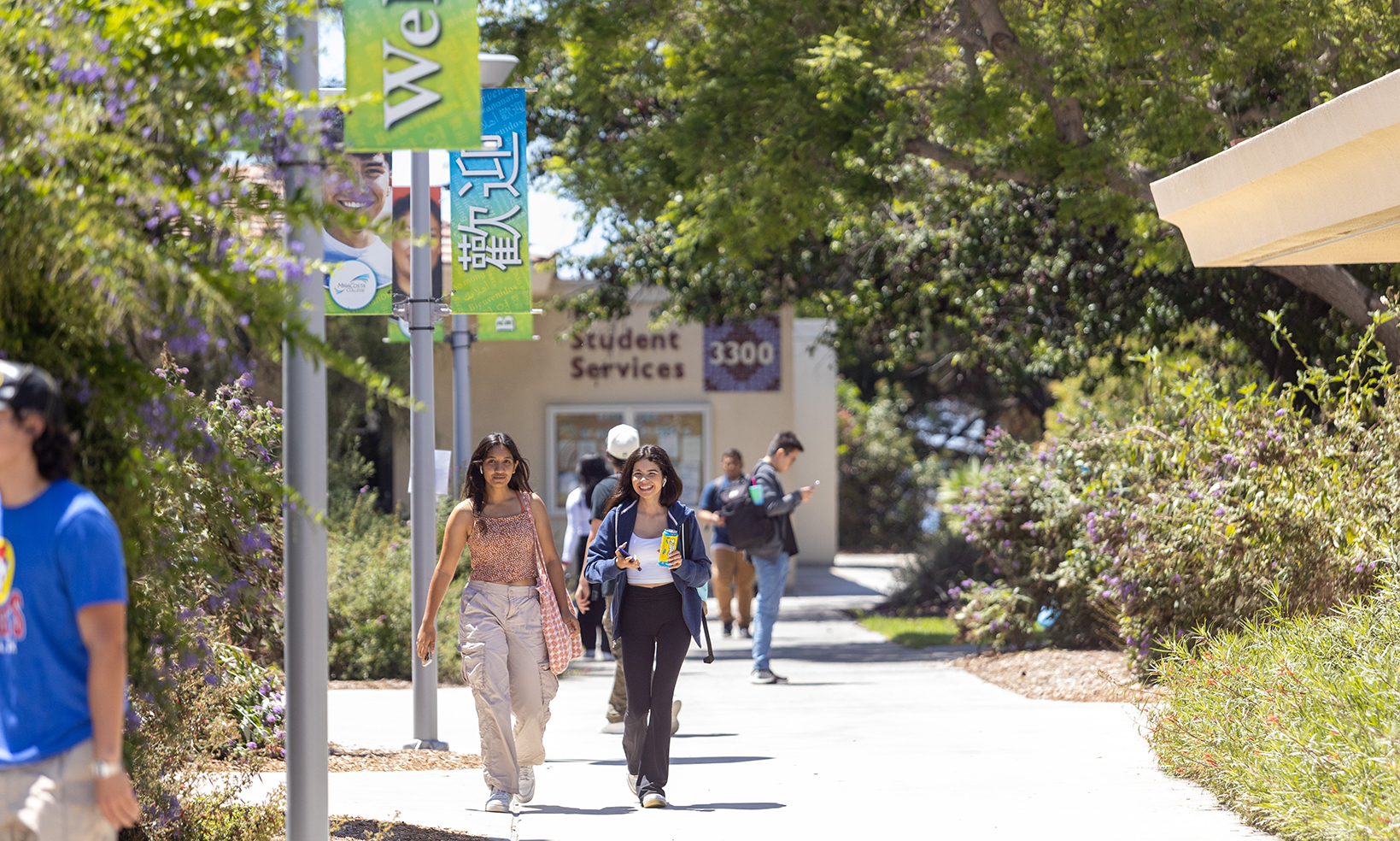
While visiting MCC, I enjoyed touring the Oceanside campus and meeting with President Dr. Sunita Cooke and the college’s Dean of Research, Planning, & Institutional Effectiveness, Christopher Tarman. President Cooke shared the college’s rich history of partnering with the community to promote workforce and economic development and its recognition as an Achieving the Dream Leader College, an Aspen Prize for Excellence nominee, and a Hispanic Serving Institution.
One of the highlights of the visit was learning about MCC’s remarkable strides in closing institutional equity gaps through developmental course reforms. MCC is closing achievement gaps through innovative developmental course sequences and curriculum in alignment with the college’s guided pathways. Some of the key achievements are:
Creation of A Culture of Care and Analytical Rigor
Since its inclusion in the Achieving the Dream (ATD) initiative in 2015, the college has undertaken extensive efforts to redesign the student experience through a racial justice lens. Rigorous data analysis revealed troubling patterns: notably, a high percentage of students were stuck in developmental levels for English and math, with a particularly disproportionate impact on students of color.
Establishment of Immediate and Measurable Reforms
Prompted by outcomes data and prior to the legislative changes enacted in AB705, the college implemented key reforms, including using multiple measures for course placement. The new data speaks volumes: Where only 42 percent of math students were enrolled in transfer-level courses in 2015-16, nearly all students now enroll in the courses directly. Similarly, the enrollment rates for transfer-level English courses rose from 69% to nearly 100 percent.
Moreover, these reforms have helped to eliminate existing racial and ethnic disparities. The most recent dashboard reports indicate that equity gaps in transfer-level course enrollment rates for Latinx students have been completely closed in both math and English.
Creation of Holistic Support Structures
To buttress these changes, MCC developed communities of practice among faculty and implemented curricular support systems, including highly supported English courses and multilingual English courses. These instructional settings offer specialized, contextualized, and individualized support. The college also ramped up tutoring services, making academic support accessible even during nights and weekends.
Creation of Real-Time Data Analysis
The college has also invested in robust data dashboards that track critical metrics, including placement, enrollment, and success rates – all disaggregated by age, gender, ethnicity, and major. These dashboards have been crucial in assessing the efficacy of the reforms and identifying areas for improvement.
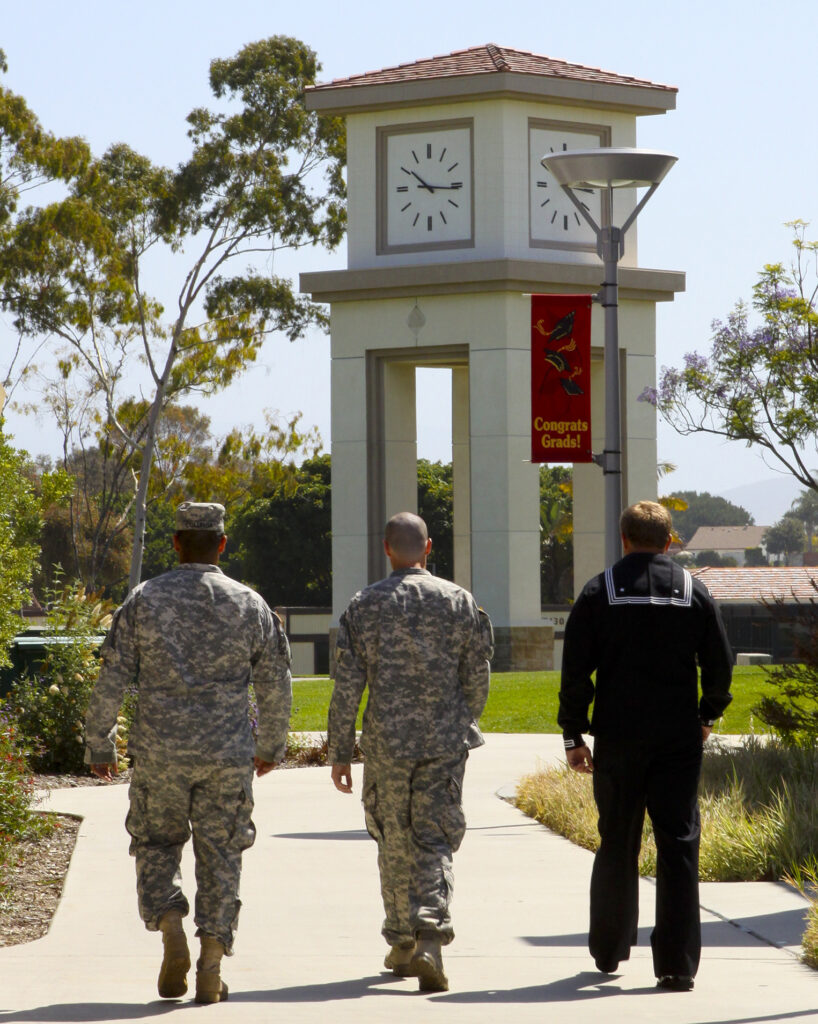
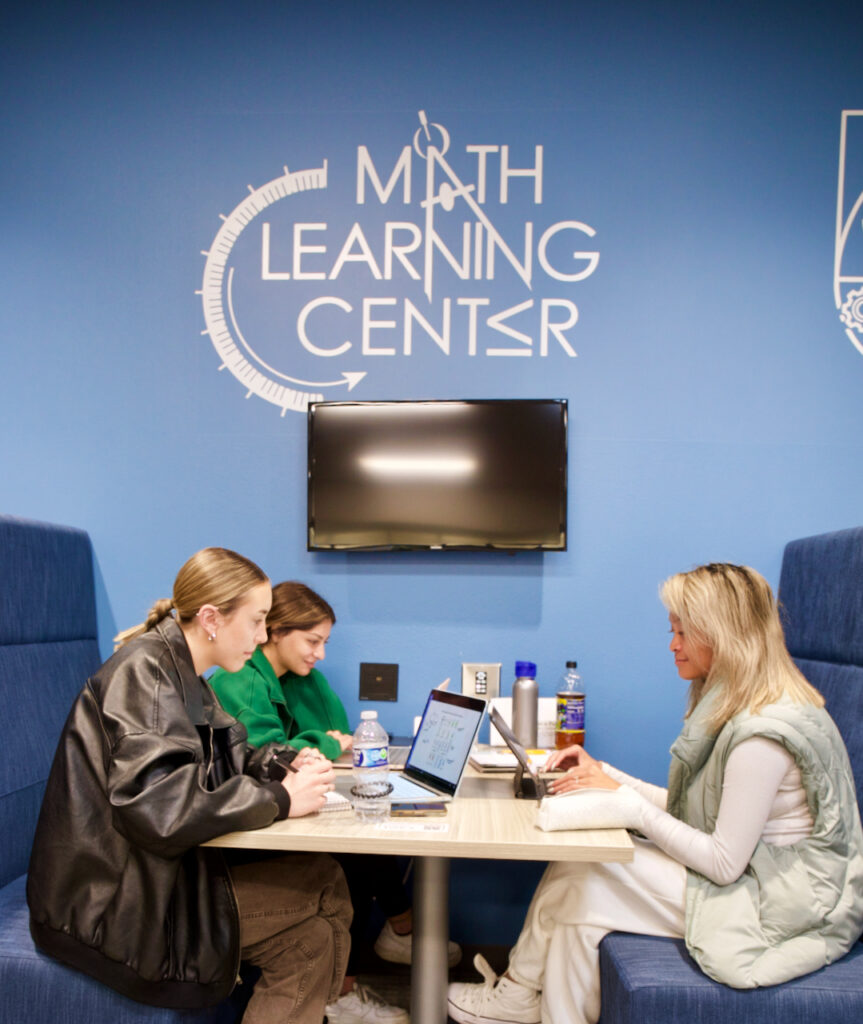
The Impact So Far
Recent figures show that the percentage of students completing transfer-level math within one year has surged from 36% in 2015-16 to 68%. The most significant gains were noted among Hispanic/Latinx students, whose achievement increased by 37 percentage points.
While the gains in English are slightly less dramatic, they are equally significant in reducing educational disparities. For example, the gap between Latinx and White students reduced from -17% to -8%, and similar reductions were noted among other ethnic groups.
Most importantly, these key reforms have increased overall completion. Over the same time period, the college has seen an increase in AA/AS degrees awarded by over 50%. For the college’s Latinx students, the improvement was double the rate of the overall college average at 113%.
Focused on Equity: The Student Equity Plan
Supporting all these reforms is a comprehensive Student Equity Plan that includes quantitative data as well as student voices to support in explaining the “why.” This plan, refreshed every three years, engages over 70 campus constituents in a review of equity data, leading to the identification of measurable outcomes and strategies to close equity gaps.
A Model for the Future
The significance of these reforms cannot be overstated. Students completing transfer-level courses in their first year are three times more likely to graduate or transfer, confirming that MCC’s bold steps are not just shifting statistics—they are changing lives.
To learn more about MiraCosta College, visit their website at https://www.miracosta.edu/.



